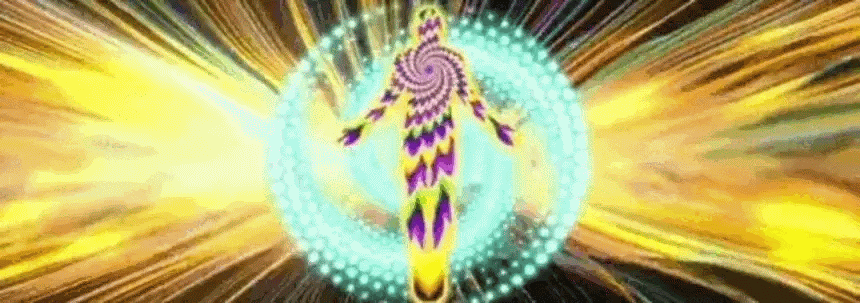The term “Abomination to Nature” was recently mentioned in connection with our search for the bason quark. It is not a term that is used a lot, although there has been some people that have been described as such through history.
In this article I would like to focus on the practical implications of such a term and examine what it would mean for the existence of such an entity. One of the reasons that it does not get used often is because it is something that defies something of which we are an integral part.
The fact that there is still a big argument about things like evolution, the big bang theory or entanglement does not change the fact that they exist, and they do so in the interest of maintaining a system that was created by the word of God.
The theory that we are from nature, and have evolved beyond many other species on this planet is a testament to the perfect design of the system, and speaks more about how privileged we are in the grand scheme of things, as to how we are the crowning glory in a system where it is survival of the fittest.
The Big Bang Theory is probably an accurate account of the particle physics that occurred at the moment of creation, but it is the crowning glory of a large amount of research that has informed us about our world, how privileged our planet is to exist in the grand scheme of physics, mathematics and biological principles, that the mere argument of its existence is of no value whatsoever in our search for answers.
The existence of entanglement, a hotly contested theory about the particles that hold together all matter, is undeniable, and the fact that we have advanced technologically to the extent that we can actually observe it from happening is a testament to our technology, but it says nothing about our knowledge about the system in which we find ourselves, or our understanding of it.
And last of all the is the term “Abomination to Nature”. The fact that we can conceive of such a notion implies that it exists, but whether our technology has advanced to the level of actually observing such an entity, that is a matter open for discussion. A matter that would probably cease to exist as soon as we understand it.
Which is just the same as everything in life I suppose.






